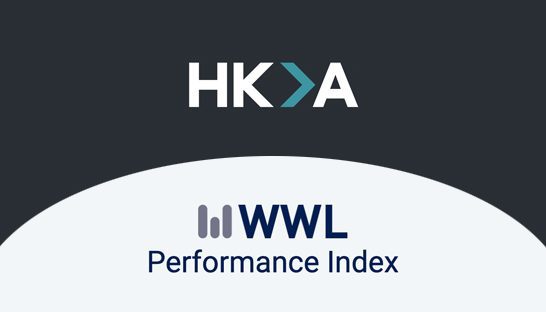- NASA’s concept Europa lander belongs on the cover of a sci-fi pulp
- Gulf Construct Magazine Meets with Sismat: Exploring Innovative Water and Wastewater Treatment Solutions
- Project Management Professionals – Exciting New Roles at National Grid
- Schnell Group: Pioneering Innovation in Reinforcement Processing Equipment for Over 30 Years
A recent report by HKA, a prominent global consulting firm, sheds light on the troubling trend of project delays in the Middle East and North Africa (MENA) region. This comprehensive analysis reveals that a significant number of major construction projects worldwide are grappling with substantial cost overruns and delivery delays, with total claims exceeding a staggering $91 billion. Alarmingly, these cumulative overruns have resulted in projects collectively being delayed by approximately 876 years.
Scope of the Problem
The MENA region stands out with the highest percentage of delayed projects—82%—according to HKA’s research. This alarming figure underscores the challenges faced by the construction sector in this region, where the surge in project activity, particularly mega projects, has led to an increased demand for fast-track execution.
Fast-Track Execution and Its Pitfalls
Fast-tracking involves initiating projects before completing all preparatory designs, which can lead to a host of compounding design issues later on. Key factors contributing to these challenges include:
- Frequent changes in project scope
- Late issuance of design information
- Contractors working with incomplete designs
These elements often culminate in significant project delays and disputes.
Rising Disputes and Cost Implications
HKA’s findings also indicate a troubling upward trend in project disputes within the MENA region. Many contractors appear to underestimate the effects of skilled labor shortages when estimating project timelines. This oversight can inflate the cost of disputes to more than one-third of a project’s average capital expenditure.
Renny Borhan, partner and CEO at HKA, commented, “Modern megaprojects are increasingly complex, but the most common causes of claims and disputes are predictable and largely controllable by contracting parties.”
Extensions of Time: A Symptom of Deeper Issues
Requests for extensions of time further reveal the struggles with meeting deadlines in the construction industry. On average, projects are extending their schedules by over two-thirds (67%), highlighting systemic issues that need to be addressed.
HKA’s analysis covered over 1,800 projects across 106 countries, with a total capital expenditure (CAPEX) of $2.2 trillion. The assessment of the Middle East project portfolio involved more than 400 projects across 12 countries, averaging a CAPEX of $1.6 billion.
Progress Amidst Challenges
Despite the pervasive delays, there have been positive developments in dispute resolution processes, particularly in Dubai and Abu Dhabi, where arbitration systems have matured to levels comparable to international standards. Nevertheless, the MENA region still suffers from some of the worst project delays globally, with an average delay of 82%, surpassing regions like the United States, Europe, Asia, and Oceania. Only Africa shows poorer performance.
Toby Hunt, partner at HKA, noted that the current economic climate has intensified uncertainties and risks for infrastructure and capital projects. He stressed the importance of identifying the root causes of prevalent claims and disputes to apply lessons learned to both current and future projects.
Best Practices for Improvement
HKA emphasizes that applying best practices in risk management, project delivery, and cost control can save project owners and investors significant amounts of money. The firm has a robust reputation in the Middle East for advising on project delivery best practices and resolving issues when projects veer off track.
In conjunction with HKA’s insights, a recent report from Boston Consulting Group highlights that integrating sustainability principles at the design stage, coupled with best practices, can significantly reduce carbon emissions at little to no cost.
Conclusion
As the construction industry in the MENA region grapples with persistent delays and disputes, the insights provided by HKA serve as a crucial reminder of the importance of proactive project management and the implementation of effective strategies to mitigate risks. By learning from past challenges and embracing best practices, stakeholders can navigate the complexities of modern mega projects and work towards more successful outcomes.
- NASA’s concept Europa lander belongs on the cover of a sci-fi pulp
- Gulf Construct Magazine Meets with Sismat: Exploring Innovative Water and Wastewater Treatment Solutions
- Project Management Professionals – Exciting New Roles at National Grid
- Schnell Group: Pioneering Innovation in Reinforcement Processing Equipment for Over 30 Years




